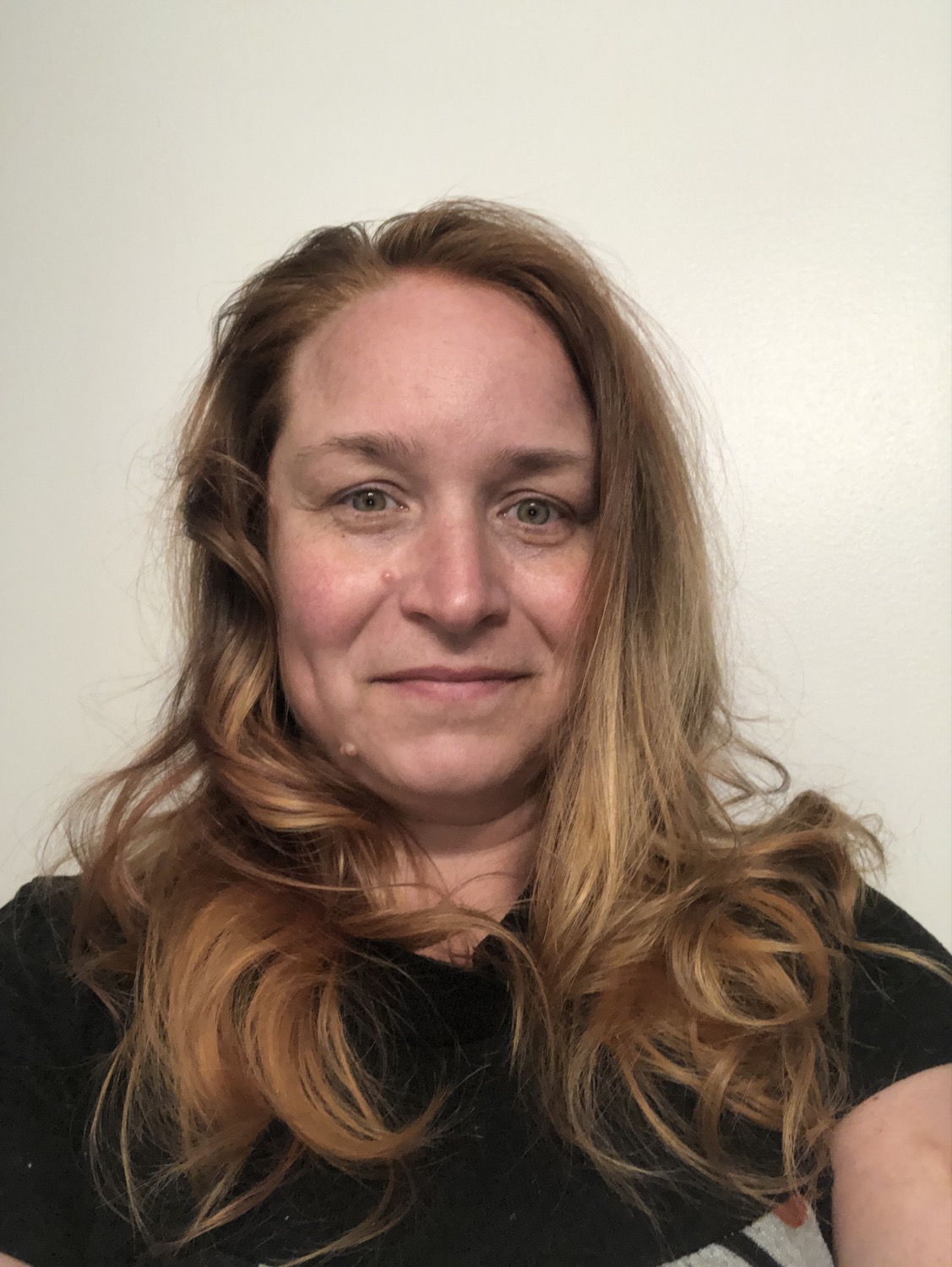Dopamine Addiction: When Pleasure Becomes a Prison
- Jodie Duplisea

- Jul 15, 2025
- 3 min read

You’ve probably heard people joke about being “addicted” to their phone, sugar, or Netflix. But behind the humor is a deeper truth: many of us are stuck in a cycle of overstimulation that leaves us feeling depleted, distracted, and disconnected. Though “dopamine addiction” isn’t an official diagnosis, it’s a powerful way to describe what happens when the brain’s reward system—originally designed to keep us alive—gets hijacked by modern life.
What is Dopamine?
Dopamine is often called the “pleasure chemical,” but that’s a bit misleading. It’s not pleasure itself, but the pursuit of it. Dopamine drives motivation, focus, and the sense of anticipation. It’s the chemical that gets you to chase the cookie, not the one that makes you savor it. In a healthy brain, dopamine encourages behaviors that ensure survival: finding food, bonding with others, exploring new territory. But in a world where dopamine triggers are everywhere—scrolling, snacking, swiping—we’re constantly tugging at a lever that was never meant to be pulled so often, or so hard.
Cultural Imperative
This isn’t just an individual problem—it’s a cultural one. We live in a dopamine-saturated society that profits off our constant craving. Tech companies design platforms that hook our attention. Food giants engineer snacks that light up our reward centers. Advertisers sell happiness in shiny, 30-second hits. Productivity culture tells us to hustle harder, multitask more, and never stop moving. Slowing down? Doing nothing? That feels like failure in a world addicted to stimulation.
"The modern world has perfectly engineered environments that exploit our ancient brains. We are drowning in dopamine and starving for meaning."
— Dr. Anna Lembke, author of Dopamine Nation: Finding Balance in the Age of Indulgence
What Happens With Overstimulation
But this loop has a cost. When we overstimulate the dopamine system, it loses its sensitivity—like yelling into an ear that’s already ringing. Over time, we may feel less joy, less focus, and less meaning. We become restless seekers, but what we’re seeking can’t be found in another hit of dopamine. What we really crave is presence, connection, and depth. And those things live in the slow lane.
Rewiring the Brain
The good news? The brain can rewire. Healing from dopamine overload isn’t about cutting out all pleasure—it’s about rebalancing the scales. It means reclaiming joy in the simple, the quiet, and the real. It’s about allowing space for boredom, which is often the doorway to creativity. It’s learning to be with ourselves without constant distraction, and reconnecting with the deeper rhythms of life.
So if you find yourself stuck in the loop—scrolling late at night, reaching for sugar when you’re stressed, unable to focus or feel satisfied—you’re not broken. You’re human in an environment designed to exploit your humanity. And the path back isn’t about doing more. It’s about gently doing less, and doing it with intention.
A Return to What Matters
Dopamine itself isn’t the enemy—it’s a vital part of what drives us to grow, connect, and survive. The problem lies in the way our culture has learned to exploit it. When every moment becomes a chase for stimulation, we lose touch with the slower, richer rhythms of life—the ones that bring real satisfaction and resilience.
Rebalancing our dopamine system isn’t about deprivation or discipline alone. It’s about remembering what truly nourishes us: deep rest, meaningful connection, movement, beauty, nature, and presence. When we unplug from the noise and reorient toward what matters, we begin to reclaim our attention—and with it, our joy, health, and sense of self.
In a world that profits from your distraction, choosing to slow down is a radical act of healing. One breath, one moment, one mindful choice at a time.
Solutions
If you’re feeling caught in the loop of overstimulation and craving a way out, you’re not alone—and you don’t have to do it alone. I offer gentle support through one-on-one sessions, and you’re always welcome to reach out if you need guidance on your healing path.
To help you begin right where you are, I’ve created free yoga videos on my YouTube channel designed to calm the nervous system and reconnect you with your breath and body. And if cravings are calling louder than your inner peace, my cookbook The Alchemy of Flavour is full of nourishing, anti-inflammatory recipes that satisfy deeply without hijacking your health. Supplements can ease your way to health too!
This is your invitation to soften, to simplify, and to come home to yourself—one nourishing choice at a time.




Comments